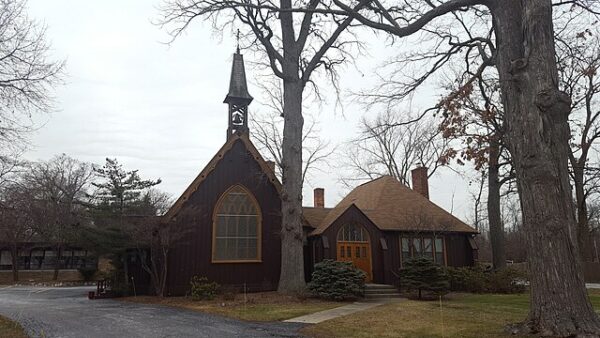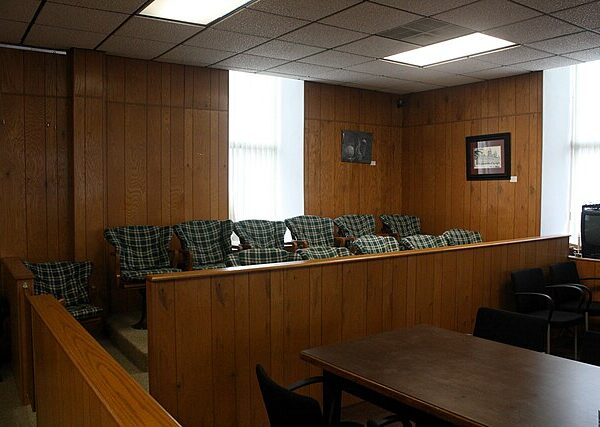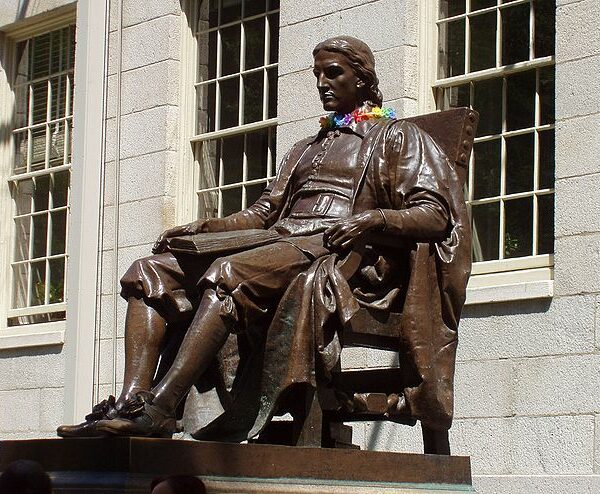
Maine’s highest court is weighing how far the state may go in restricting a parent’s religious choices after a Portland custody ruling barred a mother from allowing her 12-year-old daughter to participate in evangelical Christian activities.
The dispute involves Emily Bickford, who has primary custody of her daughter, Ava, and the girl’s father, Matthew Bradeen, who has visitation rights, according to The American. The two were never married, and their relationship ended before Ava’s birth. For more than three years, Bickford and her daughter have attended Calvary Chapel, an evangelical church in Portland. The conflict escalated when Ava expressed interest in baptism, prompting Bradeen to ask a judge to prevent her from taking part in the church’s practices.
Eleven months ago, the Portland District Court granted Bradeen sole authority over Ava’s involvement in any religious matters. The judge relied heavily on testimony from Dr. Janja Lalich, a sociology professor who studies cult dynamics. Lalich described the church’s pastor as a charismatic authority figure who “presents them as absolute truth,” and she characterized the congregation as having cult-like traits. Although she is not a licensed psychologist, Lalich argued that the church environment could threaten the child’s mental well-being.
The court cited elements of Calvary Chapel’s teachings — including references to eternal punishment and imagery of demonic figures — in finding that Ava had experienced anxiety and panic attacks, along with notes expressing fear of apocalyptic events such as “the rapture.”
Mat Staver, founder and chairman of Liberty Counsel, which represents Bickford, told the justices that the lower court adopted a plainly biased posture. He stressed there had been no finding of abuse or neglect and that Bickford was deemed a fit parent in all other respects. Staver pointed to the judge’s deliberate lowercase spelling of “god” and criticism of Bickford for allowing a pastor to pray over her daughter as evidence of an improper approach.
“The breadth of this court order is breathtaking because it even prohibits contact with the Bible, religious literature, or religious philosophy,” he alleged in the group’s press release. “The custody order cannot prohibit Bickford from taking her daughter to church. The implications of this order pose a serious threat to religious freedom.”
Under the current order, Bickford cannot bring Ava to any church without Bradeen’s permission, which he has consistently refused. The restrictions also bar Ava from interacting with church members or friends affiliated with Calvary Chapel, participating in Christian holidays or events anywhere, or engaging with religious texts, organizations, or philosophies. Staver argued that the scope is so broad it could reach even charitable groups with faith-based missions.
Bradeen’s attorneys countered that the limits are narrowly tailored to protect Ava from distress directly tied to her exposure to the church. But Bickford’s legal team said the order violates constitutional protections for religious liberty and parental autonomy. They pointed to long-standing precedent holding that each parent retains the right to guide a child’s religious upbringing during custodial time unless there is clear evidence of immediate and substantial harm.
The justices pressed both sides on how to reconcile constitutional safeguards with the “best interest of the child” standard in family law. Some members of the court questioned how to define harm in a religious context. Others appeared wary of the lower court’s sweeping remedy, calling it unusually severe in a case without any findings of parental unfitness beyond a disagreement over faith.
Speaking outside the courthouse after the hearing, Bickford said her daughter wants to return to church life. “[Ava] would like to come to church. She misses her friends, and I really hope that this gets overturned,” she said, describing the restrictions as unconstitutional.
The court has not provided a timeline for its decision. A written opinion is expected in the coming months, and the current restrictions will remain in place until then. The ruling could establish new guidance for how Maine courts navigate the intersection of child welfare concerns and parental religious rights in divided families.
[Read More: Huge Mistake May Save Comey]











